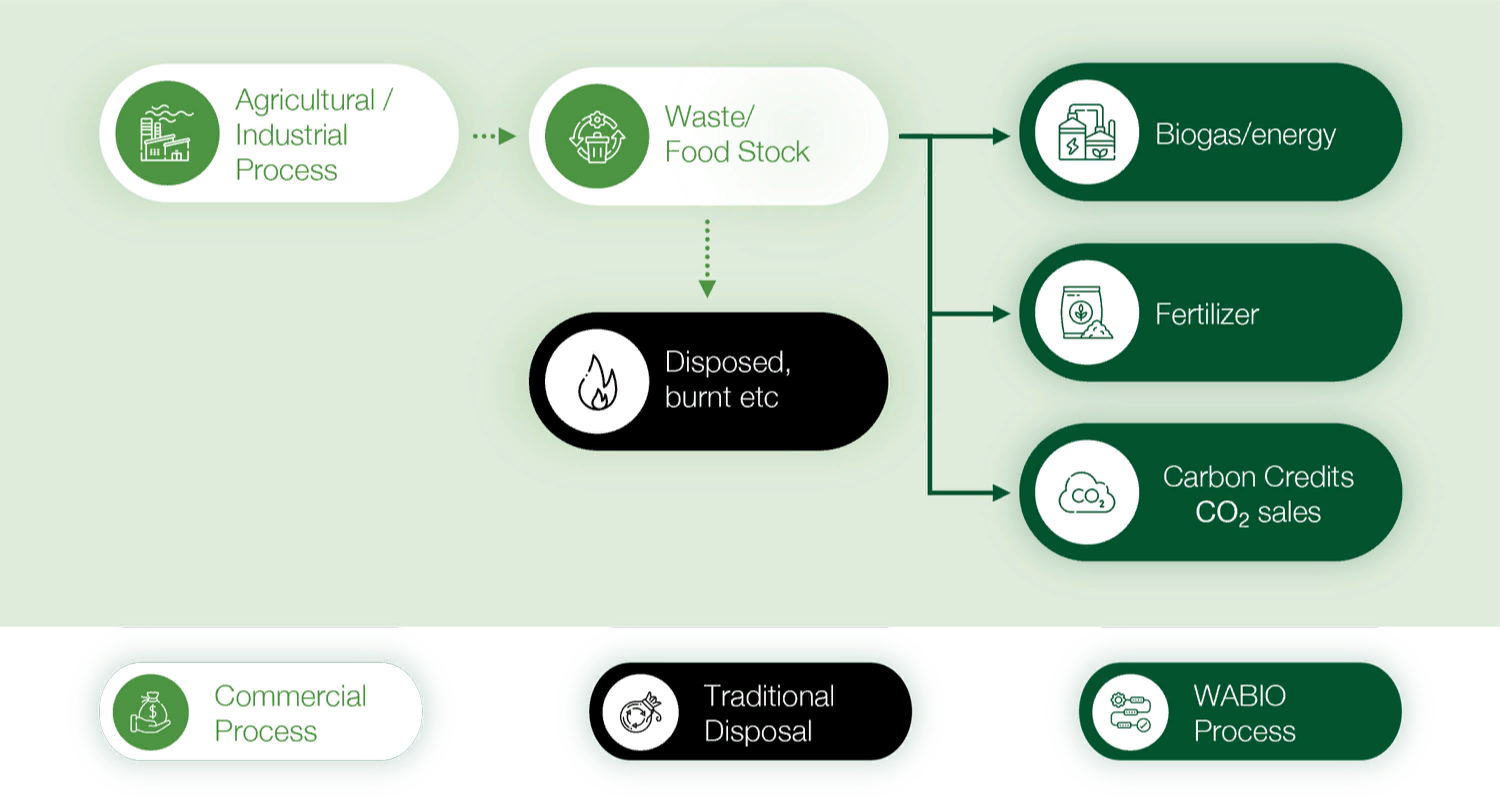Tarragona Biogas
Присоединиться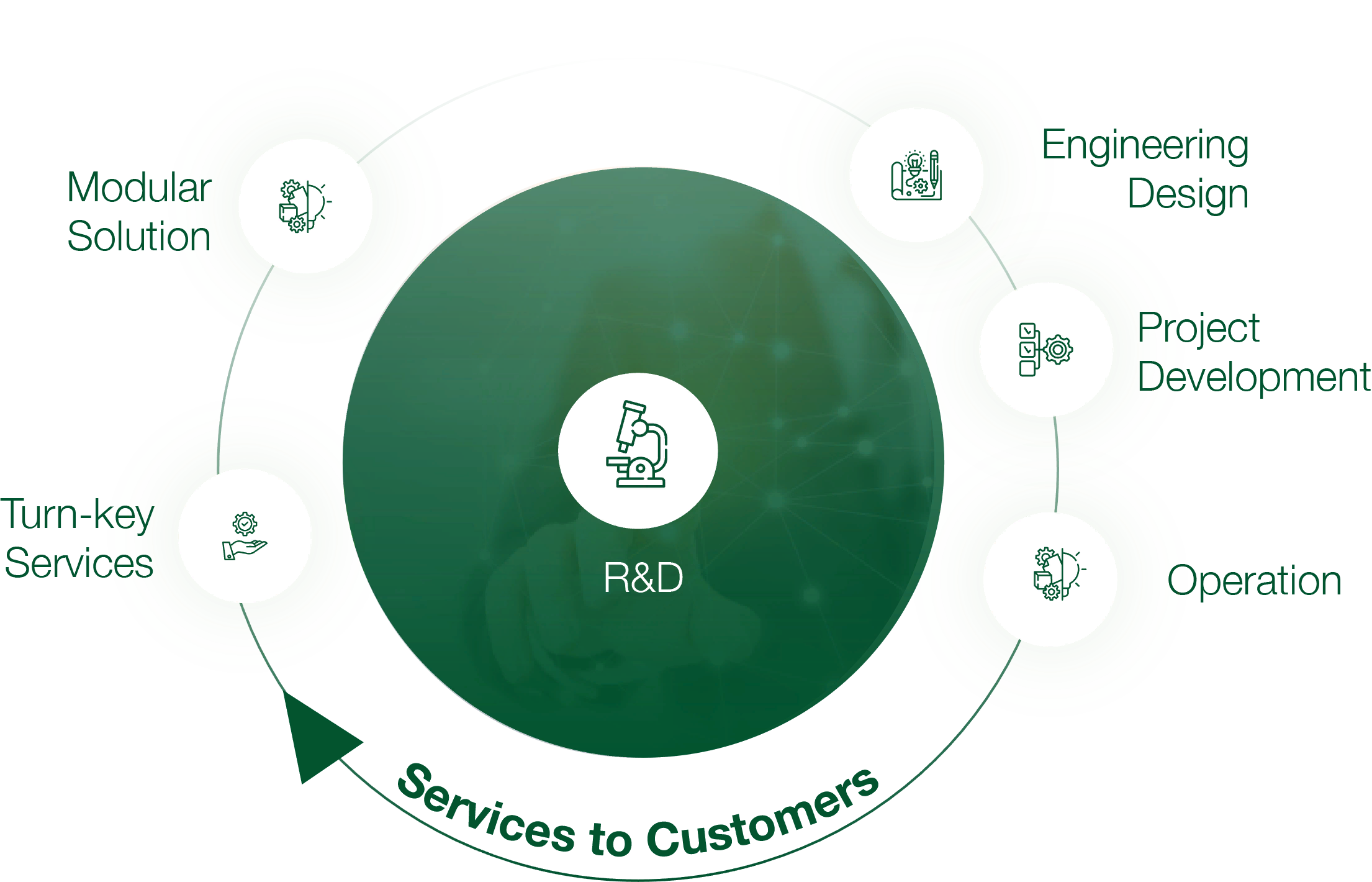
WABIO Is The Leading Provider Of Biogas Technology…
ПодробнееWABIO Biogas Plants efficiently process over types of feedstock wastes into the alternative sustainable energy, reducing waste, reducing carbon footprints, producing high yields of biogas and highly nutritious organic fertiliser.

Tarragona Biogas uses WABIO technologies
Go to the WABIO websiteПрисоединиться
Biogas Plants Vs RDF Plants
ПодробнееModular Project Solutions
With 30 years of experience, WABIO identifies and develops the most effective solutions for you. The service for your biogas plant is customized depending on the concept of technology, type, size and location. WABIO offers a full range of engineering and design services on the principle of "a la carte". You can choose exclusively a package of engineering/design services with author supervision and full commissioning before full turnkey delivery or something in between.
Turnkey Engineering Design
Do you already have a biogas plant? WABIO technology will increase your productivity and double your profits. You can upgrade an existing biogas plant with a capacity of more than 1 MW by adding WABIO Retrofit technology.
Waste Management Solutions
WABIO increases the environmental friendliness of biogas production. WABIO's unique biotechnological solutions ensure excellent biogas production performance. WABIO's technologies are superior to almost any traditional plant for processing organic materials obtained from waste (RDF), both in quantity and quality.
Unique and patented technological solutions combined with in-depth knowledge of bacteriological processes allow WABIO to develop custom-made installations for any organic raw materials, even in remote locations. WABIO supplies turnkey installations and transfers them to its customer only after commissioning.
WABIO offers:
- Unique biotechnological treatment
- Innovative biogas technology
- Individual solutions
- Results confirmed by the industry
- Own engineering design
- On-site and online monitoring
WABIO offers:
- Unique biotechnological treatment
- Innovative biogas technology
- Individual solutions
- Results confirmed by the industry
- Own engineering design
- On-site and online monitoring
WABIO Retrofit
Tarragona Biogas converts organic waste into electricity, heat, biomethane, bio-compressed natural gas (bio-CNG), bio-liquefied natural gas (bio-LNG), environmentally friendly technical liquid CO2, dry ice or carbonized CO2 in the form of biochar.
WABIO products include:
- Biogas/biomethane
- Energy/electricity
- Heat/cooling
- NPKS Organic Fertilizers
- Cellulosic bioethanol
- Technical CO2, dry ice
- Carbon credits
WABIO products include:
- Biogas/biomethane
- Energy/electricity
- Heat/cooling
- NPKS Organic Fertilizers
- Cellulosic bioethanol
- Technical CO2, dry ice
- Carbon credits
Присоединиться
Carbon reduction and carbon credits
ПодробнееKey performance indicators
- More than 200 tested types of organic raw materials
WABIO has successfully tested more than 200 types of organic waste in its laboratories for use as a starting material. - 15,000 m3 or more.
Size matters. The volume of the tank has been increased to gigantic sizes - more than 15,000 m3 - and at the same time ensures constant uninterrupted operation, less wear and occupied area. - 1 MW - 30 MW or more
Replacing fossil fuel-powered power plants? The size of the installation is never in doubt. With WABIO technology, we can build intelligent installations from very small to very large. There are no size restrictions. - Return on investment in 2-7 years
Are you looking for high profits on a long-term basis? Very fast return on investment due to the high efficiency of the WABIO plant. - Highest biogas yield
WABIO is the No.1 company for achieving the highest biogas yield. - Highest environmental protection
WABIO plants are focused on protecting the environment around them - Highest efficiency
The use of more than 200 types of organic waste for conversion into environmentally friendly energy - High performance for sale
Biogas/biomethane
Energy/Electricity
Heat/cooling
Organic fertilizers
NPKS Cellulosic Bioethanol
Technical CO2, Dry ice
Carbon credits
And others - Carbon reduction and carbon credits
WABIO is a negative carbon emission activity. This means that the WABIO plant captures more greenhouse gases that affect the climate, namely methane, than it emits greenhouse gases in the form of CO2. Carbon prices will rise significantly over time. In addition to the rapid return on investment due to the high energy generation that WABIO provides, your WABIO power plant opens up opportunities to offset carbon emissions because it generates a significant amount of carbon credits. The ability to trade carbon emissions can provide a significant increase in value and profitability.
WABIO is a negative carbon emission activity, which means that each WABIO installation captures more greenhouse gases that affect the climate, namely methane, than it emits greenhouse gases in the form of CO2.
Carbon prices will rise significantly over time. In addition to the fast return on investment due to the high energy performance that WABIO provides.
The WABIO power plant opens up opportunities to offset carbon emissions because it generates a significant amount of carbon credits.
Carbon prices will rise significantly over time. In addition to the fast return on investment due to the high energy performance that WABIO provides.
The WABIO power plant opens up opportunities to offset carbon emissions because it generates a significant amount of carbon credits.
Performance
ПрисоединитьсяПодробнее
WABIO biogas plants efficiently recycle more than 200 types of waste into alternative sustainable energy, reducing waste, reducing carbon dioxide emissions, producing high yields of biogas and highly nutritious organic fertilizers.
In some processes, boilers with steam generators are used to reduce liquid consumption and generate energy. However, even the latest boiler technology requires the use of a coal-fired or gas-fired power plant to burn waste in a furnace-like process with metal coils powered by a furnace, so they can never be completely environmentally friendly.
The WABIO plant generates almost twice as much energy as a standard boiler system with a steam generator. WABIO not only does not require energy costs for incineration of waste from the total amount of solid waste, but also provides twice the energy production compared to incineration.
Thanks to the patented WABIO process, bacteria develop in the liquid without additional removal of residual waste. All this is processed within the framework of the WABIO technological process.
In some processes, boilers with steam generators are used to reduce liquid consumption and generate energy. However, even the latest boiler technology requires the use of a coal-fired or gas-fired power plant to burn waste in a furnace-like process with metal coils powered by a furnace, so they can never be completely environmentally friendly.
The WABIO plant generates almost twice as much energy as a standard boiler system with a steam generator. WABIO not only does not require energy costs for incineration of waste from the total amount of solid waste, but also provides twice the energy production compared to incineration.
Thanks to the patented WABIO process, bacteria develop in the liquid without additional removal of residual waste. All this is processed within the framework of the WABIO technological process.
ПрисоединитьсяПодробнее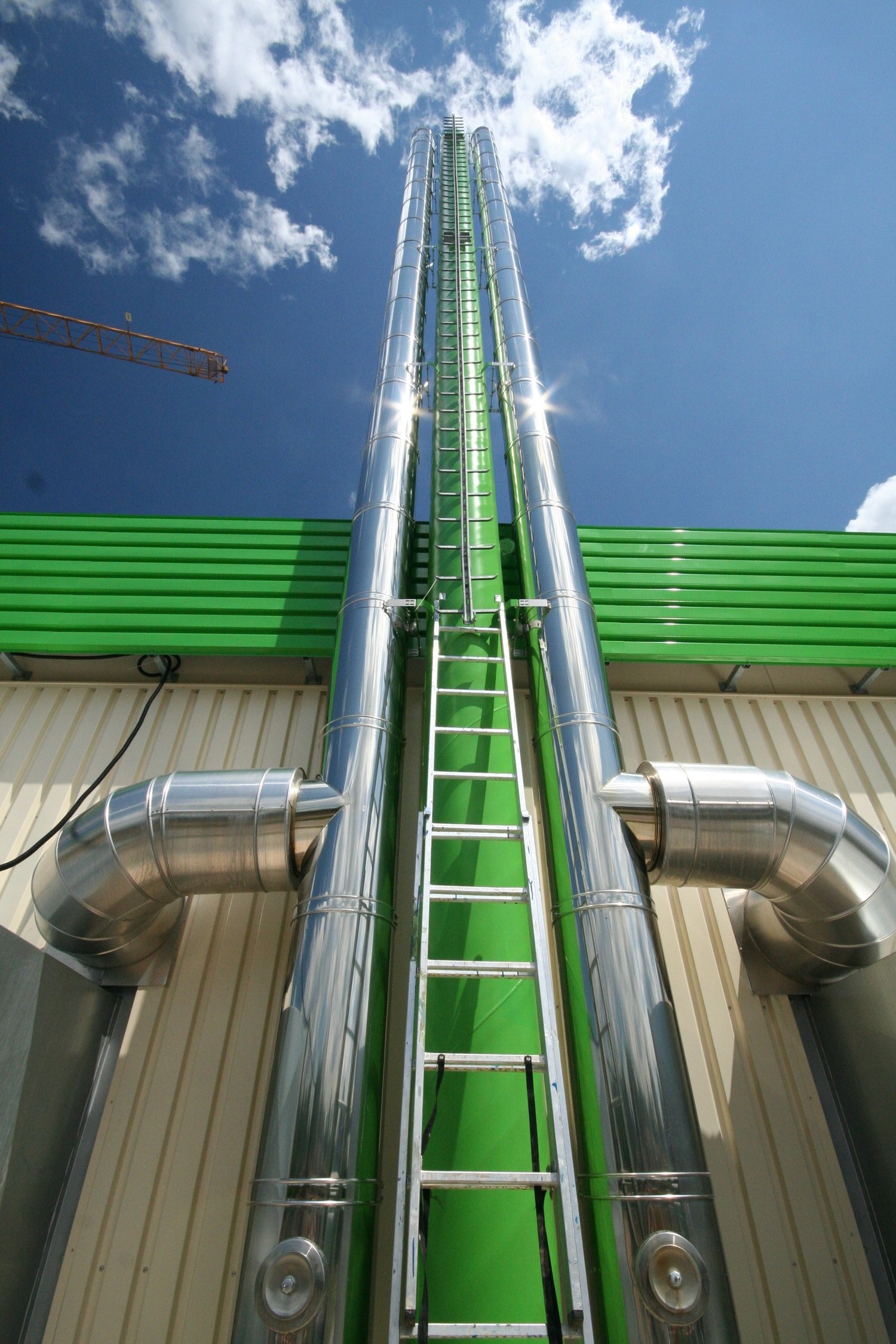
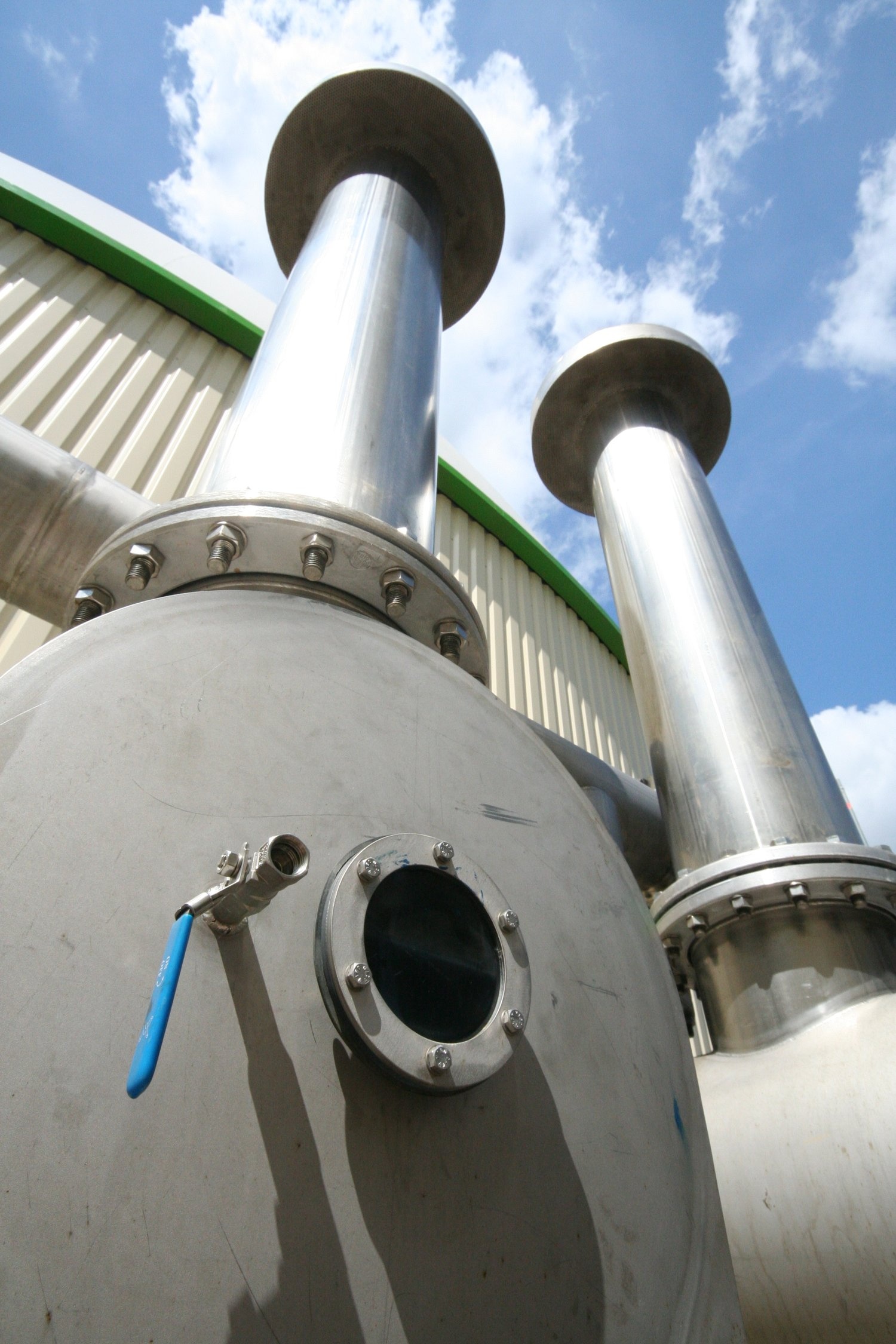
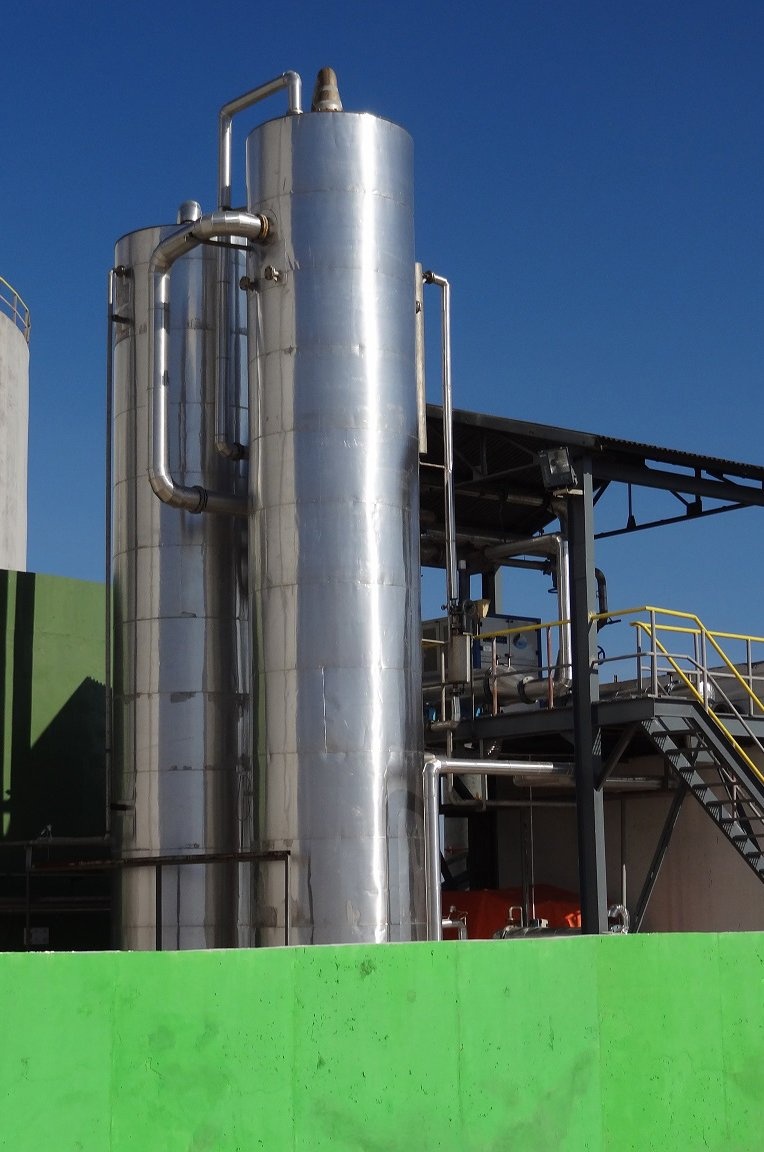
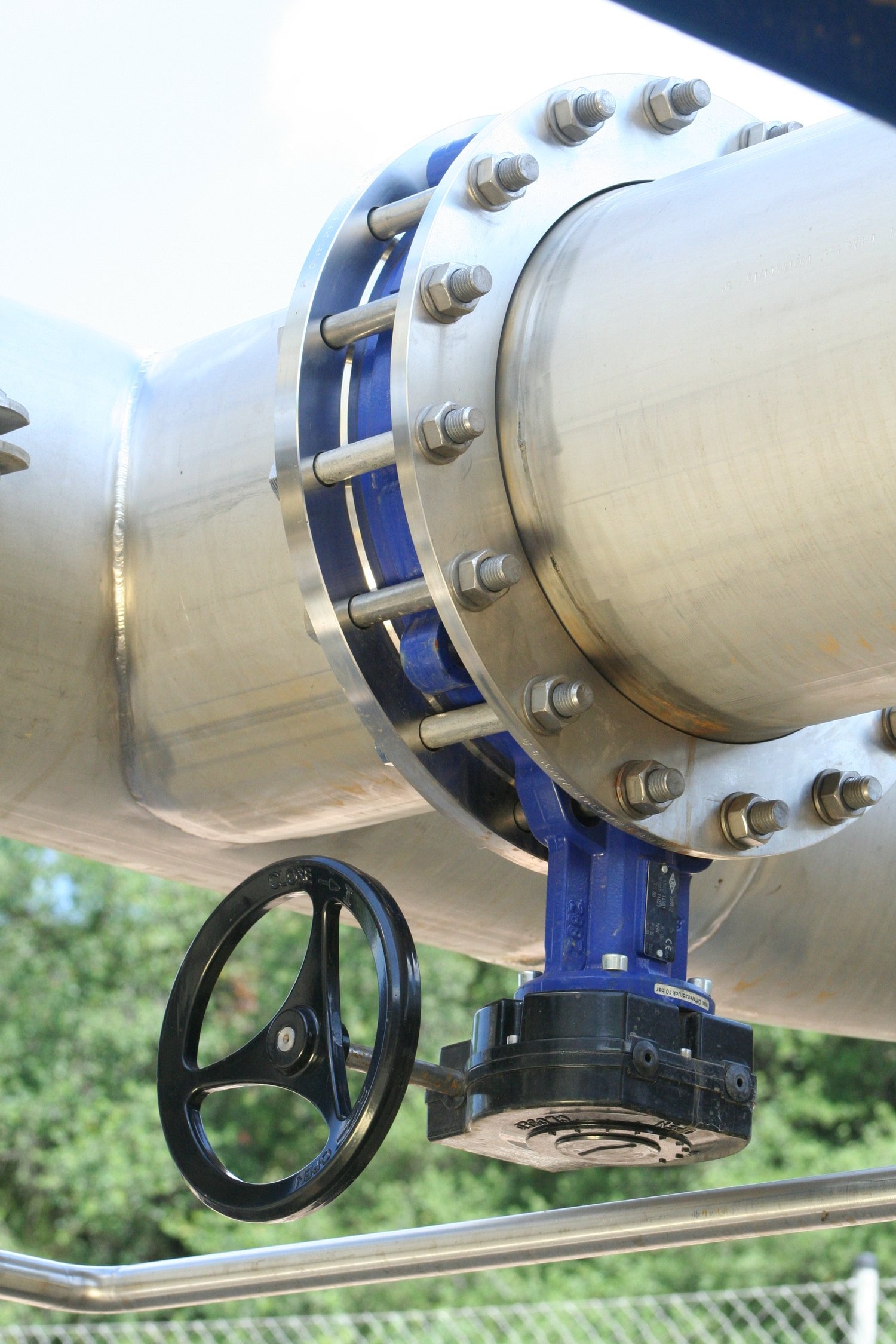
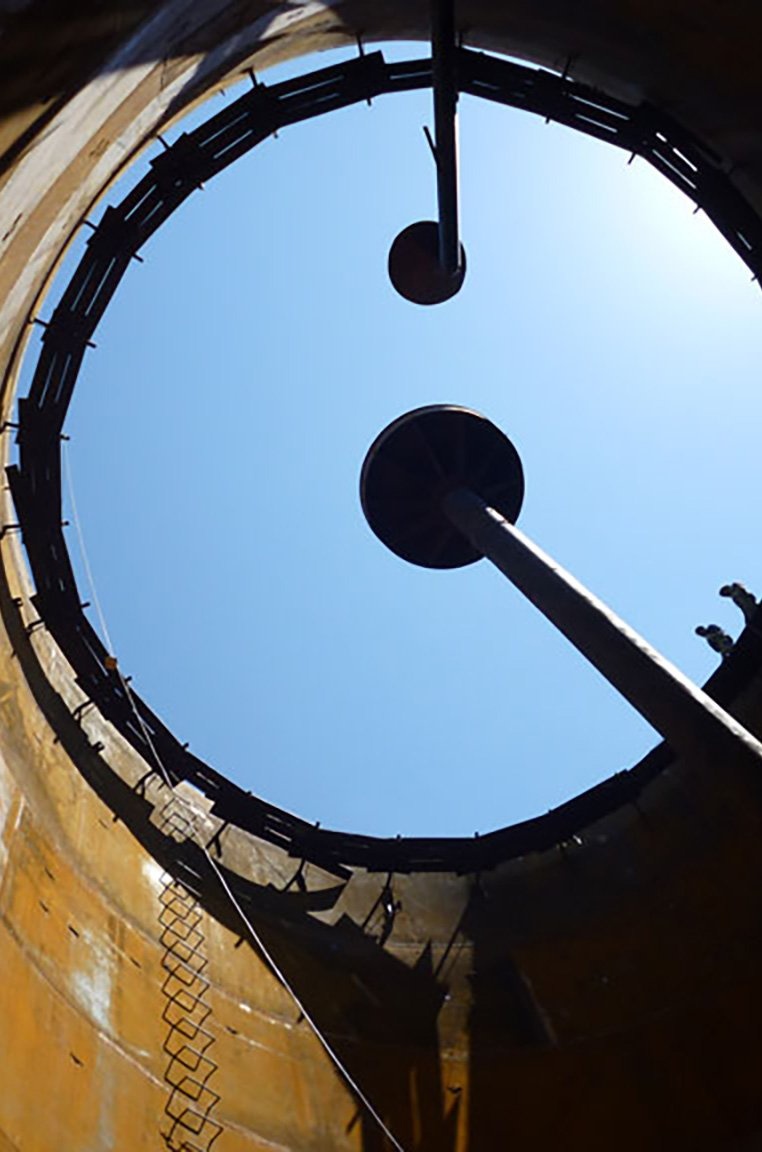
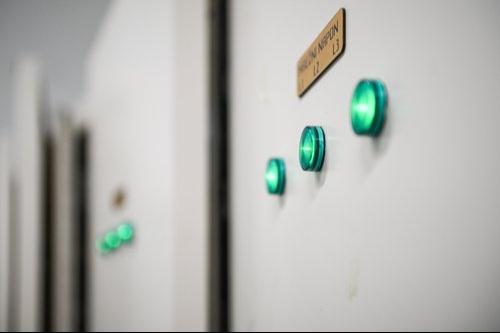
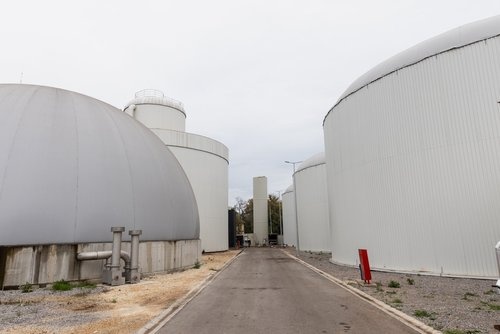
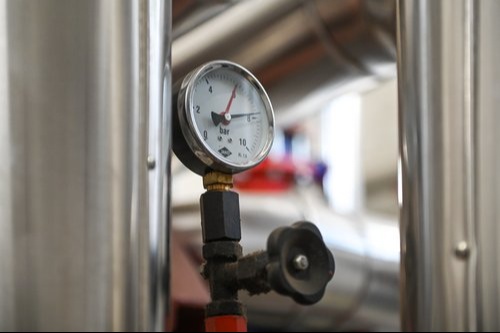
Garbage is a problem for every city. WABIO turns urban waste, which is usually burned with the release of harmful gases into the air, into a large amount of renewable green energy.
With our network of well-known thermal waste treatment plants, WABIO converts organic solid household waste (MSW) into energy, generating twice as much environmentally friendly energy as conventional waste fuel production plants (RDF). The organic fraction of solid waste is efficiently processed into biogas, while residual inorganic and non-recyclable waste may not even be charged for disposal. We not only solve the problem of waste in your city, we make solid waste profitable for you.
The organic fraction of MSW (solid household waste) usually contains up to 80% of the aqueous component, which requires a large amount of energy to burn waste using standard methods. This means that a large amount of energy is required to remove water before the remaining 20% of solid waste can finally start generating energy.
With our network of well-known thermal waste treatment plants, WABIO converts organic solid household waste (MSW) into energy, generating twice as much environmentally friendly energy as conventional waste fuel production plants (RDF). The organic fraction of solid waste is efficiently processed into biogas, while residual inorganic and non-recyclable waste may not even be charged for disposal. We not only solve the problem of waste in your city, we make solid waste profitable for you.
The organic fraction of MSW (solid household waste) usually contains up to 80% of the aqueous component, which requires a large amount of energy to burn waste using standard methods. This means that a large amount of energy is required to remove water before the remaining 20% of solid waste can finally start generating energy.

With our monofermentation and co-fermentation methods, we convert all types of agricultural waste into environmentally friendly energy. Waste - from livestock manure to straw - can be efficiently processed into biogas thanks to WABIO technology and knowledge in the field of integrated waste management.
WABIO can process wood waste, livestock and poultry manure, chicken manure, including bedding materials such as straw, wood shavings or sawdust, dry rice, corn and straw of any other type, as well as any husk (rice, wheat, soy) or shell (coffee, peanuts, cotton, cocoa and etc.) or bagasse (sugar cane pulp), here are just a few examples.
WABIO can process wood waste, livestock and poultry manure, chicken manure, including bedding materials such as straw, wood shavings or sawdust, dry rice, corn and straw of any other type, as well as any husk (rice, wheat, soy) or shell (coffee, peanuts, cotton, cocoa and etc.) or bagasse (sugar cane pulp), here are just a few examples.

Your food production facility can generate its own energy using only its own waste. Organic waste from food production in the meat and fish industry can be highly efficiently digested by WABIO AD (anaerobic digestion) systems.
WABIO's experience in the field of ammonia-nitrogen balance makes it possible to maximize the productivity of biogas using monofermentation methods.
WABIO's experience in the field of ammonia-nitrogen balance makes it possible to maximize the productivity of biogas using monofermentation methods.
Used grain (thick slops) in the production of beer or distillation of high-quality alcohol is an ideal feedstock for the WABIO AD (anaerobic digestion) system.
WABIO converts these wastes into high-yield biogas and highly nutritious organic fertilizers as a by-product of fermentation. Manufacturers can reduce carbon dioxide emissions and expand their supply chain by adding many secondary sources of income.
WABIO converts these wastes into high-yield biogas and highly nutritious organic fertilizers as a by-product of fermentation. Manufacturers can reduce carbon dioxide emissions and expand their supply chain by adding many secondary sources of income.
WABIO's treatment solutions convert sewage sludge into a significant amount of biogas. Basic wastewater treatment involves a long and expensive drying process followed by incineration or landfill disposal.
Cooperation with us turns an expensive recycling problem into an additional source of income. By supplying clean energy to the grid, our customers reduce their carbon footprint and increase the supply of clean fuels to the public.
Cooperation with us turns an expensive recycling problem into an additional source of income. By supplying clean energy to the grid, our customers reduce their carbon footprint and increase the supply of clean fuels to the public.






+34 630-72-92-94
info@tgnbiogas.es
info@tgnbiogas.es
© 2024 Tarragona Biogas S.L.
Disclaimer & Privacy Policy
Tarragona Biogas is a ® Registered Trademark.
Disclaimer & Privacy Policy
Tarragona Biogas is a ® Registered Trademark.

